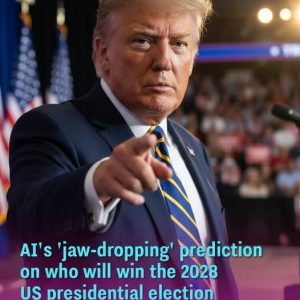The White House escalated its efforts to lower prescription drug costs, with Press Secretary Karoline Leavitt announcing that President Trump sent 17 letters to major pharmaceutical CEOs demanding immediate price reductions. Trump threatened to “deploy every tool” available if companies failed to comply, framing the move as protecting American families from “abusive” industry practices.
Key demands included applying “most favored nation” pricing to Medicaid, launching new drugs at the lowest international rate, redirecting overseas revenues to U.S. patients, and allowing government purchasing at internationally benchmarked prices. CEOs were given 60 days to respond, with penalties for noncompliance including expanded drug importation, export restrictions, and potential FDA approval revocations.
The campaign follows an executive order issued in May, aiming to cut prescription costs by 30%–80%, but earlier negotiations with pharmaceutical companies produced little progress. Industry leaders warned the approach could hinder U.S. biopharmaceutical innovation, while policy experts cited legal and regulatory limits on enforcing such measures. Analysts suggested the letters are largely intended to pressure companies publicly into voluntary concessions, rather than mandate changes the government cannot currently enforce.



